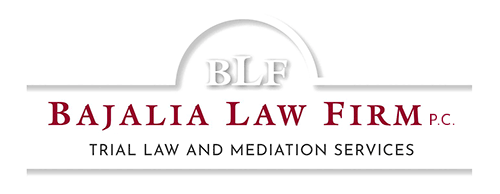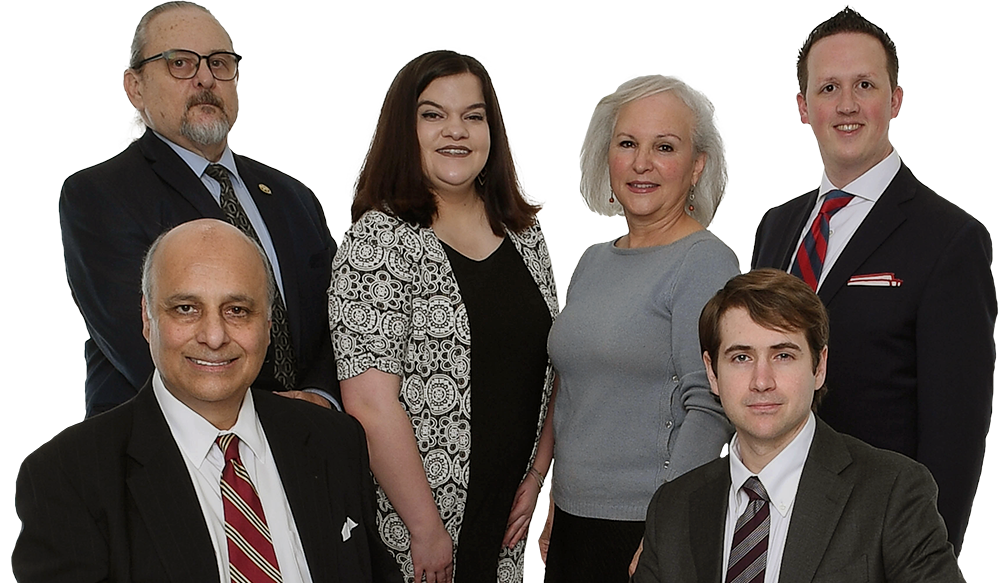Personal Injury and Wrongful Death
According to the National Highway Traffic Safety Administration (NHTSA), the number one leading cause of fatal automobile accidents is driving while impaired. Impaired driving can be the result of driving under the influence of drugs, alcohol or both.
Victims who are injured or killed by a driver under the influence of drugs or alcohol are entitled to receive compensation for medical bills, loss of income if the injury sustained prevents them from working, and pain and suffering.
The decision to drive under the influence of drugs or alcohol constitutes gross negligence, which subjects the driver to punitive damages to be awarded by a civil jury to punish the defendant and to deter other defendants from engaging in the same behavior. Punitive damages are in addition to any other penalties imposed by the State. Pursuant to O.C.G.A. §51-12-5.1, a punitive damages award is usually limited to a maximum of $250,000. However, if it is found that the defendant acted or failed to act while under the influence of alcohol, drugs other than lawfully prescribed drugs administered in accordance with prescription, or any intentionally consumed glue, aerosol, or other toxic vapor to the degree that his or her judgment is substantially impaired, there shall be no limitation regarding the amount which may be awarded as punitive damages against a defendant.
There are several theories that may apply to an impaired driver accident, such as:
- Vicarious Liability of Employers: If the impaired driver was acting on behalf of any person or his employer at the time of the collision, that person or employer may be held liable for the driver’s conduct.
- Uninsured/Underinsured Motorist Coverage: Uninsured/Underinsured Motorist Coverage (UM) is a policy of insurance purchased by the victim, or someone in his household, to protect against uninsured/underinsured drivers. Generally, we attempt to collect damages from the impaired driver’s auto insurance policy. However, if the impaired driver was uninsured or underinsured, we may also to seek full or partial compensation under the victim’s auto policy for UM coverage.
- Dram Shop Liability: If a bar, restaurant, or other establishment serves an alcoholic beverage to an individual in a noticeable state of intoxication knowing that the person may drive, that business may be held liable under “dram shop” laws for any resulting injury or death caused by the drunk driver.
- Georgia’s Social Host Law: If the impaired person was furnished alcohol or drugs at a private party, the homeowner may be at fault under Georgia’s social host law.
- Providing Drugs or Alcohol to a Minor: If an adult provides drugs or alcohol to a minor and that minor injuries or kills someone, then the adult can often be held responsible for the consequences.
At the Bajalia Law Firm, P.C., we handle all types of alcohol-impaired or drug-impaired accident cases, including those involving:
- Cars
- SUVs
- Motorcycles
- Other automobiles
- Semi tractor trailer trucks
- Big rigs, trucks or other commercial vehicles

